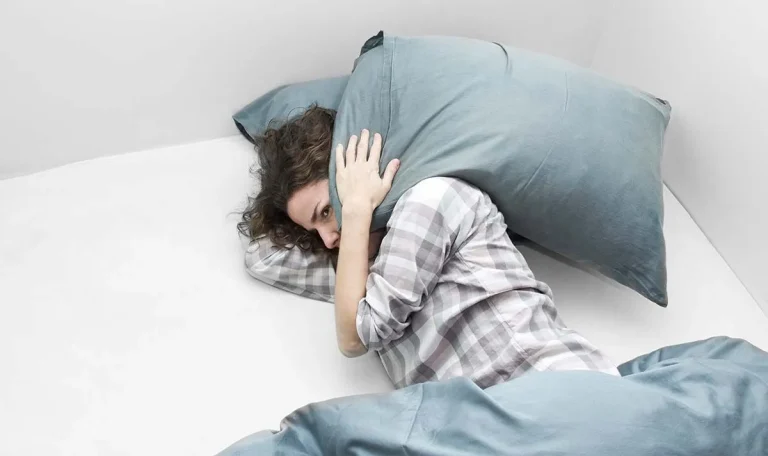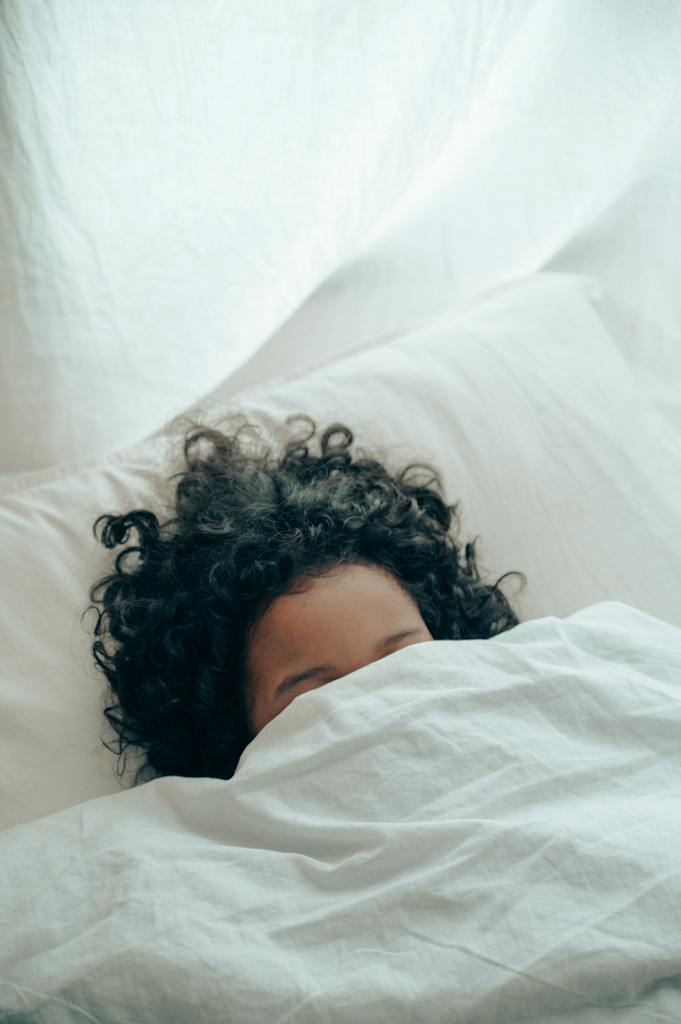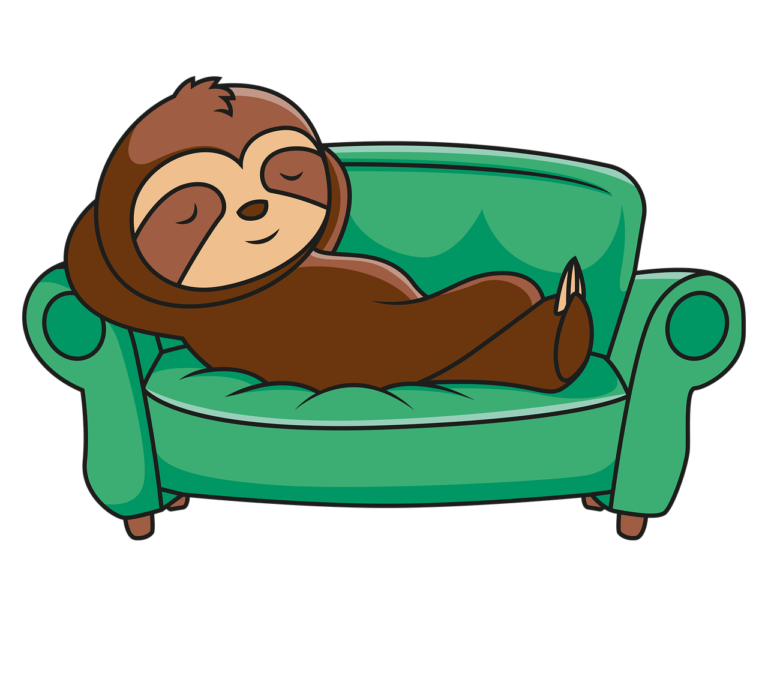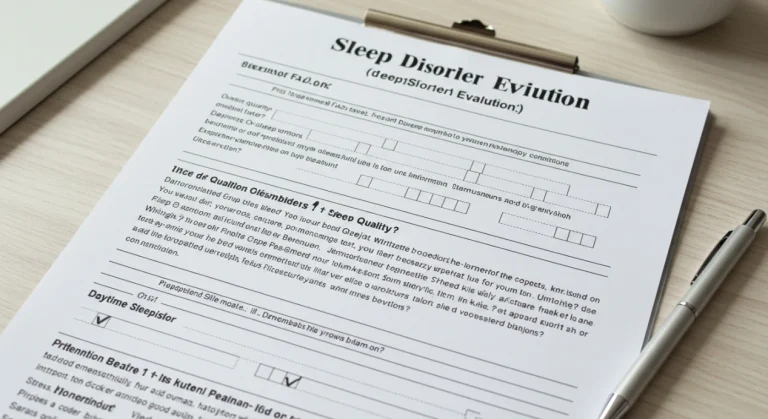Struggling with Sleepless Nights? Discover the Best Insomnia Solutions
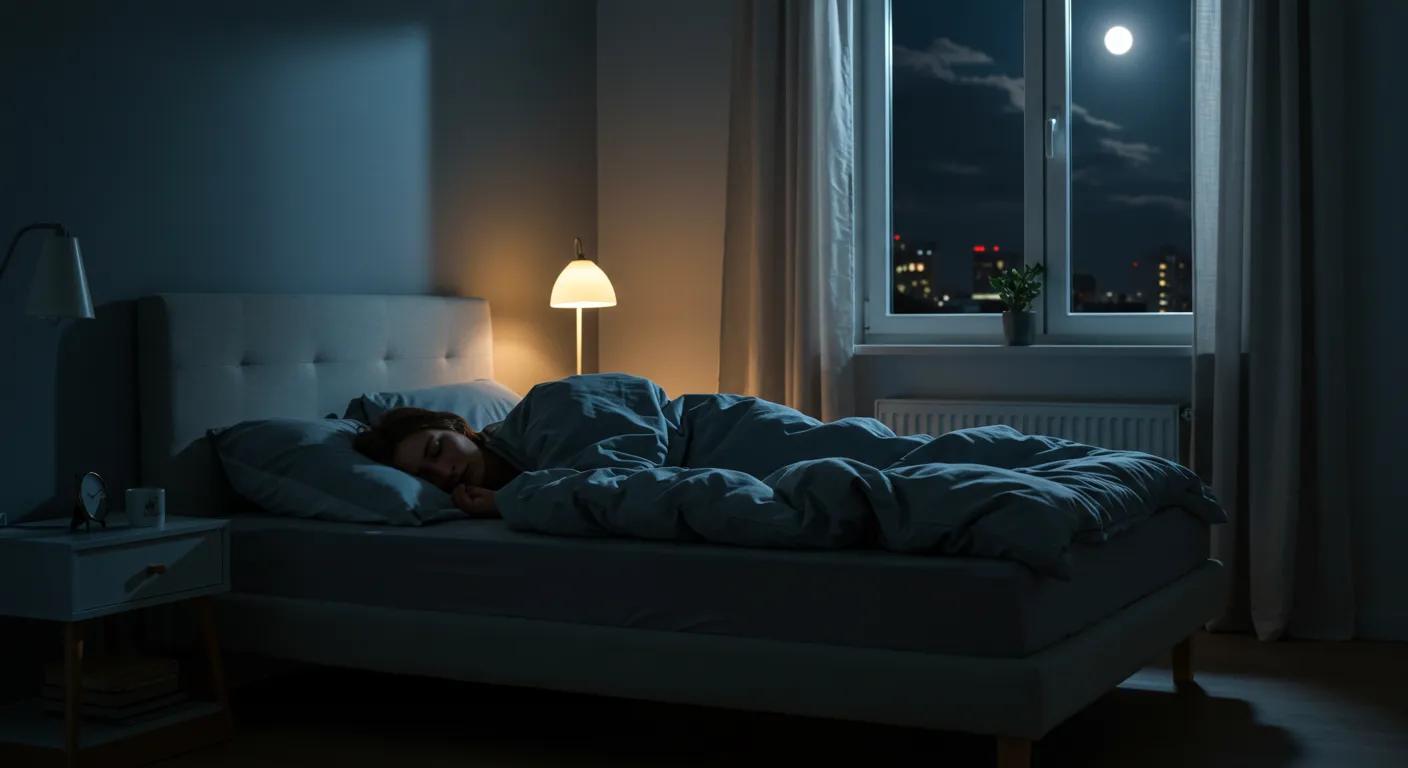
If you’ve found yourself lying awake night after night, staring at the ceiling and wondering if restful sleep is a thing of the past, you’re not alone—and you’re not out of options. At Vector Sleep Diagnostic Center, we specialize in clinical sleep diagnostics and solutions designed to help you overcome insomnia for good.
Our insomnia treatment approach combines cutting-edge diagnostic tools, behavioral therapies, and lifestyle interventions to address the root causes of your sleep issues, not just the symptoms. Whether your sleepless nights are driven by stress, underlying health issues, or disrupted sleep habits, we provide personalized care that leads to lasting change.
What’s Behind Your Sleepless Nights?
Insomnia is not a one-size-fits-all condition. It manifests in many ways: trouble falling asleep, waking up too early, or being unable to fall back asleep. It can last for days, weeks, or even years if left untreated.
Common Causes of Insomnia:
- Anxiety, stress, or depression
- Poor sleep hygiene (irregular routines, late screen time)
- Sleep disorders like sleep apnea or restless legs syndrome
- Medical conditions and medications
- Lifestyle factors like shift work or excessive caffeine
Clinical Insomnia Solutions That Work
At Vector Sleep Diagnostic Center, we take a multi-dimensional approach to insomnia—diagnosing what’s really going on and tailoring treatment to your specific needs.
1. Cognitive Behavioral Therapy for Insomnia (CBT-I)
CBT-I is the gold standard treatment for insomnia. It focuses on changing unhelpful sleep thoughts and behaviors.
How CBT-I Helps You:
- Reduces anxiety about sleep
- Promotes a healthy sleep schedule
- Teaches practical relaxation techniques
- Helps you fall asleep faster and stay asleep longer
Bonus Tip: CBT-I has shown higher long-term effectiveness than sleeping pills—without the side effects.
2. Clinical Sleep Studies
Sometimes, insomnia is a symptom of an underlying condition like obstructive sleep apnea or periodic limb movement disorder. Our in-lab and home sleep studies help uncover these hidden contributors.
Our Studies Measure:
- Sleep stages and duration
- Breathing interruptions
- Heart rate and oxygen levels
- Brain wave activity
[Image: Patient in a comfortable sleep lab room undergoing a sleep study]
3. Sleep Hygiene & Lifestyle Coaching
Many cases of insomnia stem from poor bedtime habits or an unsupportive sleep environment. We offer guidance on:
- Consistent sleep-wake schedules
- Avoiding screens and stimulants before bed
- Creating a restful bedroom (light, noise, temperature control)
- Bedtime rituals that cue your body to relax
Comparing Insomnia Treatment Options
| Treatment Option | Long-Term Success | Side Effects | Custom-Tailored? |
|---|---|---|---|
| CBT-I | ⭐⭐⭐⭐⭐ | None | Yes |
| Prescription Sleep Aids | ⭐⭐ | Moderate | No |
| Melatonin/Supplements | ⭐⭐ | Mild | No |
| Sleep Study & Evaluation | ⭐⭐⭐⭐⭐ | None | Yes |
Technical Snapshot: What Our Sleep Studies Evaluate
| Metric | What It Reveals |
|---|---|
| Sleep latency | Time to fall asleep |
| REM latency | Onset of deep sleep cycles |
| Sleep efficiency | Percentage of time actually asleep |
| AHI (Apnea-Hypopnea Index) | Frequency of breathing disruptions |
| Oxygen saturation | Breathing quality and potential apnea detection |
Before You Choose a Solution: Key Things to Know
Rule Out Underlying Conditions
Conditions like sleep apnea or thyroid issues can fuel insomnia. A clinical evaluation is the best way to detect these.
Mind Your Sleep Environment
Darkness, temperature, noise, and even your mattress can impact your ability to sleep soundly.
Be Cautious with OTC Remedies
Melatonin may help short-term, but it won’t resolve behavioral or medical causes of insomnia.
Personalized Treatment Works Best
Generic advice often fails. That’s why we tailor plans based on your sleep data and personal lifestyle.
What People Are Talking About: Trending Sleep Topics
Insomnia is more than a private struggle—it’s a national conversation. Patients today are exploring:
- Natural vs. medical treatments: Is melatonin better than medication?
- Tech’s role in sleep disruption: Can wearables help or hinder?
- Insomnia after COVID: Many people report ongoing sleep disruptions post-recovery.
- Smart mattresses and sleep apps: Do they really improve sleep quality?
We stay up-to-date with research and technology, so you can rest easy knowing your care is cutting-edge.
Ready to Experience Better Sleep and Health?
You don’t have to endure sleepless nights any longer. With advanced diagnostics and science-backed treatments, Vector Sleep Diagnostic Center is your partner in overcoming insomnia and restoring your health.
- Take control of your sleep.
- Improve your energy, focus, and mood.
- Start waking up refreshed.
Schedule your personalized sleep consultation today.
- Phone: (718) 830-2800
- Email: vectorsleep@gmail.com
- Website: Start Sleeping Better Today
Your Insomnia Questions Answered
Do I need a sleep study if I have insomnia?
If your insomnia is chronic or accompanied by symptoms like snoring or daytime fatigue, a sleep study can reveal hidden causes like sleep apnea. See our section on Clinical Sleep Studies.
How soon can I expect results with CBT-I?
Most patients experience meaningful improvement within 4–6 weeks. Consistency is key.
Are sleep medications safe?
Short-term use can help, but long-term reliance may lead to tolerance or dependency. We typically recommend non-pharmacological approaches first.
Is insomnia common in older adults?
Yes, but it’s not a normal part of aging. We provide age-appropriate solutions that address both physical and mental contributors to sleep issues.
What’s the best first step if I can’t sleep?
Start with a professional evaluation. Self-diagnosis can delay effective treatment. Our team provides personalized assessments to get to the root of the issue.


